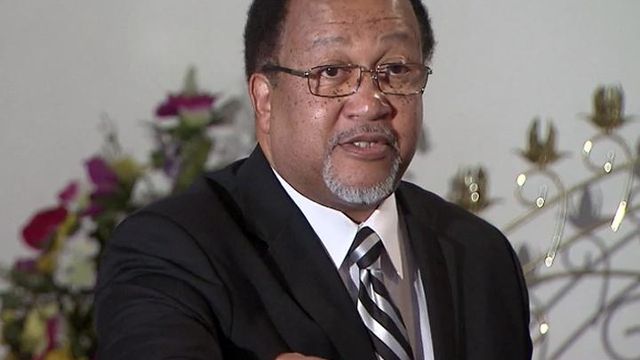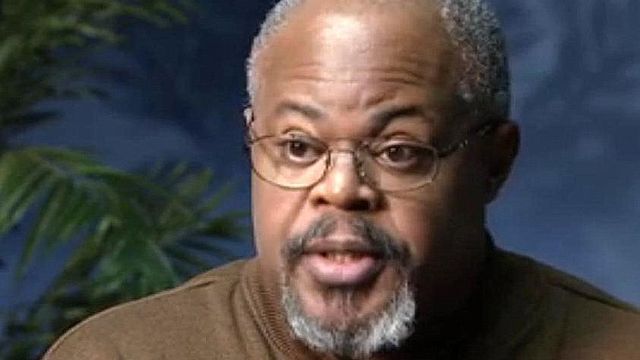Wilmington 10 members fear Perdue won't give them full pardon
Members of the Wilmington 10 said Friday that, unless Gov. Beverly Perdue issues them full pardons, she shouldn't bother taking any action in their case before leaving office next week.
Posted — UpdatedThe nine black men and one white woman were convicted in 1972 of firebombing a Wilmington grocery during race riots after the police shooting of a black teenager.
Three key witnesses in the case later recanted their testimony, and all 10 people were freed in 1978 when then-Gov. Jim Hunt commuted their sentences. The 4th U.S. Circuit Court of Appeals in Richmond, Va., threw out the convictions two years later, saying perjury and prosecutorial misconduct were factors in the verdicts.
Although the convictions were overturned, the state never cleared the activists' records, and they have presented Perdue in recent weeks with stacks of petitions from more than 140,000 people nationwide calling for the Wilmington 10 to be pardoned.
"They were the targets of a political prosecution by a runaway prosecutor who didn't have a shred of evidence against them," said Cash Michaels, a Raleigh journalist and filmmaker who is coordinating the effort to win the pardons.
The North Carolina chapter of the NAACP recently said newly discovered notes by the prosecutor in the case show he engaged in racial profiling to select a jury that would be more favorable for a conviction.
State NAACP President Rev. William Barber said notes taken by former Pender County prosecutor Jay Stroud show he lied to a judge to get a mistrial so he could pick another jury in the case. He then used a race-based strategy during jury selection.
The notes in Stroud's handwriting show "KKK? (good)" next to the names of potential white jurors, and a black member of the jury pool was referred to as an "Uncle Tom." Stroud used his challenges to remove blacks from the jury pool, Barber said.
Perdue said she will decide next week on pardons. She has three options: Do nothing; issue pardons of innocence, which would clear the activists names and records; or issue pardons of forgiveness, which are granted to those who are guilty of a crime.
Wilmington 10 member Rev. Ben Chavis said pardons of forgiveness are unacceptable to him and the other activists.
"If she does not give a pardon of innocence, she shouldn't do anything," Chavis said. "Not to give a pardon of innocence aids and abets the injustice against the Wilmington 10."
Pardons of forgiveness are a distinct possibility because some people in Wilmington still believe the activists were involved with burning down the grocery.
"There are people who are whispering to the governor right now, 'Don't do it. They must be guilty of something,'" Chavis said.
Michaels said Perdue should apply the same standards as in any criminal case. Forty years later, he said, the only proof of wrongdoing is by the prosecutor, not the activists.
"This is not a matter of pardon of forgiveness. It's a pardon of innocence," he said. "There was no credible evidence – no credible testimony. It was discounted 30 years ago that any member of the Wilmington 10 had anything to do with what they were charged with."
• Credits
Copyright 2024 by Capitol Broadcasting Company. All rights reserved. This material may not be published, broadcast, rewritten or redistributed.






